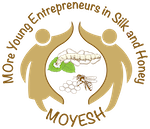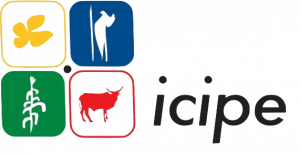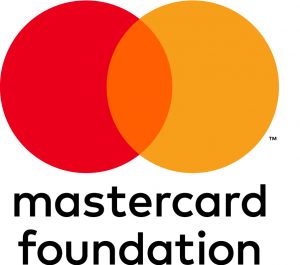Inaugural Workshop for the MaYEA Program and National Apiculture Platform for Stakeholders (NAPS): Engaging Youths and Strengthening the Apiculture Network held
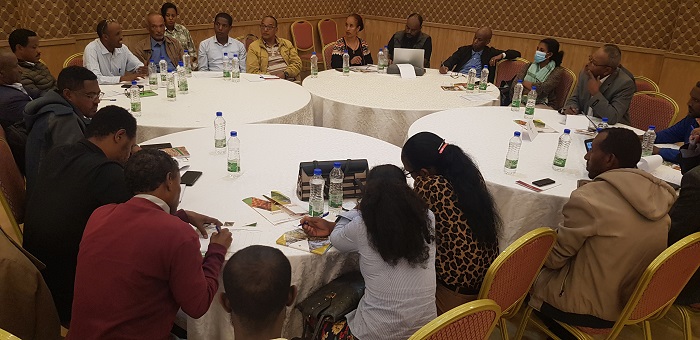
In late July, the inaugural workshop for the MaYEA program and Establishment of National Apiculture Platform for Stakeholders (NAPS) was organized under the theme: Engaging Youths and Strengthening the Apiculture Network by icipe in collaboration with the Ministry of Agriculture, Livestock and Fishery Resource Development. The workshop aimed to facilitate the sharing of knowledge and experiences to shape the apiculture sector by identifying challenges and gaps and addressing the first and foremost responsibilities of actors.
The workshop brought together around two hundred participants from government organizations, NGOs, youth groups engaged in apiculture business, private sector actors, researchers, development practitioners, and representatives from different bilateral and multilateral organizations. Dr Tadele Tefera, icipe Ethiopia country Head, made the first official welcoming remarks to the participants and elaborated on the purpose of the workshop followed by highlighting the MaYEA program objectives, its management and organizational structure, and the engagement of eight implementing partners and the Mastercard Foundation. These all formed Consortiums to enhance the program implementation and achieve the program goal.
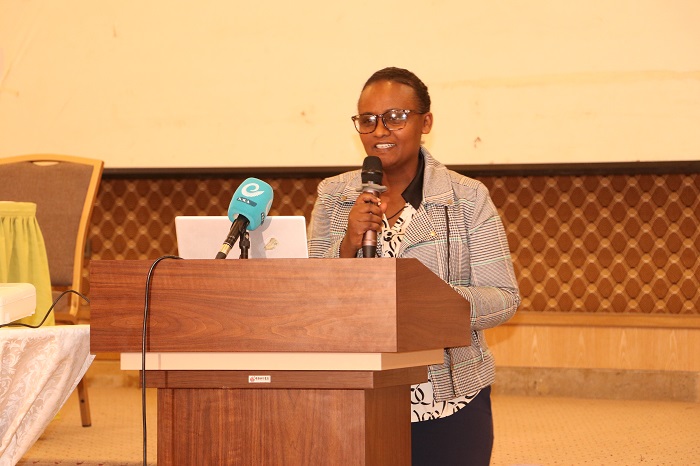
Mrs Tsigereda Fekadu, Lead executive of Livestock and Fishery Resource Development within MOA, welcomes the participants and acknowledges the effort made to organize this pertinent workshop as it deals with important issues, the MaYEA program, and NAPS formation, among others. Continuing her message, Tsigereda gave her insights on the apiculture potential of the country as well as the challenges facing it. She also highlighted, in her deliberations, the effort of the government in the sector underlining the achievements of the newly initiated ‘Yelemat Tirufat’ and the launching of the MaYEA program and stakeholder platform formation will be an interesting complement to the current government effort, then officially opening the workshop.
Following the official opening, Dr Tadele made a well-structured presentation on MaYEA’s Program. He underlined how big and important is the program to the national apiculture sector by presenting key facts about the program as depicted below:
- Targeted youths: over one million (80%) women
- Working areas: ten regions (Tigray, Afar, Amhara, Oromia, Benishangul Gumuz, Gambella, Sidama, South Ethiopia, Central Ethiopia, and South-west Ethiopia) and 135 Woredas.
- In partnership with the Mastercard Foundation
- Duration: Nov. 2023 – Oct. 2028
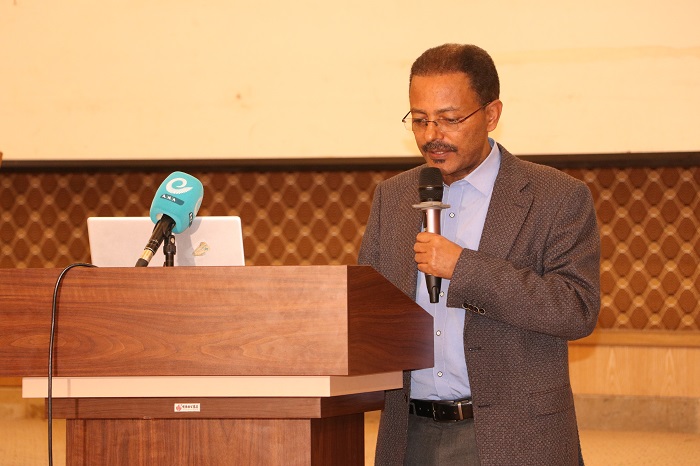
Ato Azize Ayalew from the Livestock and Fishery Resource Development Sector’s Apiculture and Sericulture Desk was the speaker on the rationale behind establishing the “National Apiculture Platform for Stakeholders. He briefly explained the NAPS objectives, working approaches, focus areas, platform governance, and sustainability mechanisms. Subsequently, Government and non-government organizations presented their contribution to Rural Job Creation and Apiculture Sector Development and shared their expertise knowledge, success and challenges they faced during the implementation of the projects and programmes aiming to generate lessons from the existing knowledge.
Participants were requested to comment on the agenda items, discuss the issues, and raise questions and comments after the presentations.

On the second day, participants engaged in a matchmaking session where they were divided into groups to interact on the identification of challenges, root cause of the challenge, proposed solutions, and responsible body or actors across four key issues (technical, organizational, institutional and policy levels) within their area of operation and reporting back the presentations. These discussions focused on linking the apiculture sector bottlenecks with the various implementing partners and suggesting solutions for smooth implementation and sector alignment to reduce the duplication of efforts. As a result of this interaction, sectors were requested to take assignments on the highlighted challenges and report the progress made in the next quarterly progress update meeting.
The workshop served as a platform for knowledge exchange and collaboration among the actors in the apiculture sector, intending to create dignified and fulfilling employment opportunities for the youth.
